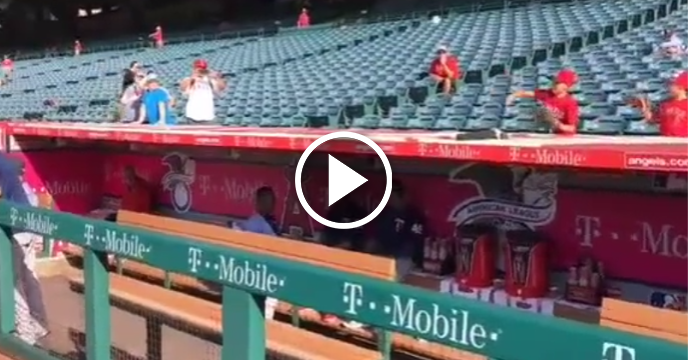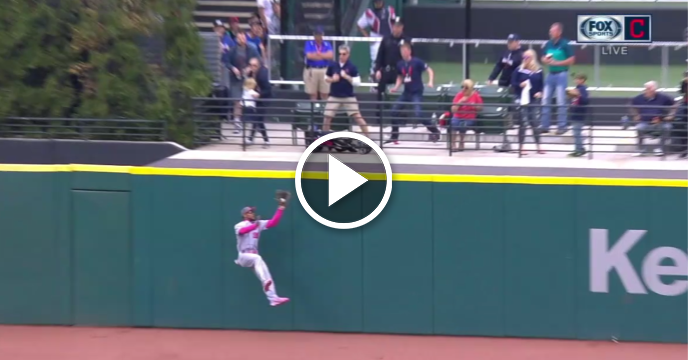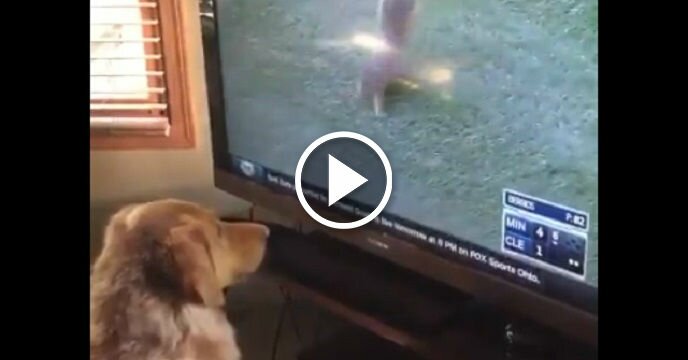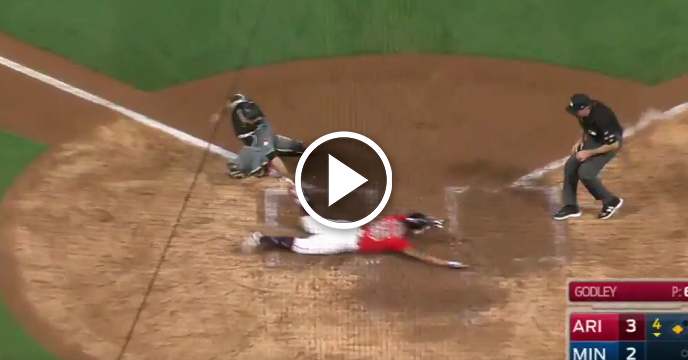
Jason Marquis entered the 2012 season with 104-98 career record and a 4.55 ERA in 326 career big league appearances (267 starts) as he had spent his entire career in the National League. The fact he had never pitched in the American League and had missed the end of 2011 with a fractured right fibula did not stop the Minnesota Twins from signing him to a one-year, $3 million deal last off-season. At age 33 entering the season, Marquis seemed to have the potential to be a steady veteran presence in the Twins’ starting rotation.
But it was not to be, and the signs came early. Marquis had to leave the team late in spring training after his daughter was injured in a bicycle accident. That on it’s own is more important than baseball, but also delayed the start of his season as he made two starts for Double-A New Britain in order to stay close to home and remain on a regular pitching schedule.
Marquis re-joined the Twins in mid-April and was ok in his first start, allowing four runs on five innings against the New York Yankees as he shook off allowing three runs in the first inning, benefited from some run support and got a win. He was able to put together a couple of solid starts against the Kansas City Royals and Seattle Mariners in late April and early May, but allowed 18 earned runs over his next three starts (10.2 innings). The final of those three outings, and his final start for the Twins, was his worst as he allowed eight runs to the Milwaukee Brewers in just 1.2 innings on May 20.
The Twins designated Marquis for assignment on May 22 after he posted a 8.47 ERA over seven starts, then he eventually landed with the San Diego Padres after clearing waivers. Being back in the National League clearly benefited him some, as he went 6-7 with a 4.04 ERA in 15 starts (93.2 innings) with the Padres before being sidelined by a wrist issue and not pitching after August 21.
All things considered the Twins’ front office, with perhaps some input from pertinent field staff, should be commended for realizing Marquis could not cut it and making a move as quickly as they did. Not really getting a return on their $3 million investment is obviously not ideal, but it was the right move to cut bait and that will hopefully encourage more liberal spending on starting pitching this coming off-season.
 Share
Share 











